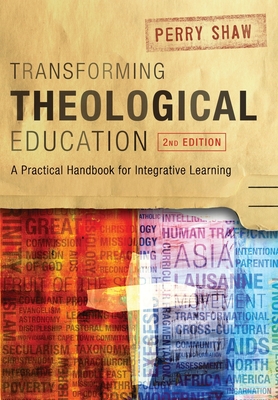
description
6Schools must remain focused on the goal of inclusion, even when students are learning from home. Distance learning poses many obstacles, but it also offers unique opportunities. In some ways, classrooms are more accessible in this format; students can "enter" and "exit" online classes in ways that work best for them and take different types of breaks (e.g., stand to learn, shut off the camera) as needed. They can also respond to teacher questions and prompts in a variety of ways (e.g., verbally, by typing responses into chat boxes, by holding pictures or objects up to the webcam) and access lessons by listening, interacting with peers, or viewing related materials (e.g., teacher-created videos) asynchronously. Further, as you will see throughout this book, there is no shortage of ways students can connect to peers in virtual classrooms. All In: 18 Ways to Create Inclusive Virtual Classrooms is not an examination of all that is possible in e-learning. Rather, it is meant to be a guide and a starting point for discussion and planning, not only for teaching in virtual spaces but for considering how to bring the learning we acquire in this format back to face-to-face classrooms. This book features stories from parents, community members, administrators, and teachers, as well as tips for making inclusion work for students of all ages. Pick one idea or try them all. Read it, share it, and pass it on.
member goods
No member items were found under this heading.
notems store
listens & views

TRIXIE TRUE TEEN DETECTIVE / ...
by TRIXIE TRUE TEEN DETECTIVE / O.B.C.
COMPACT DISCout of stock
$17.49
Return Policy
All sales are final
Shipping
No special shipping considerations available.
Shipping fees determined at checkout.






